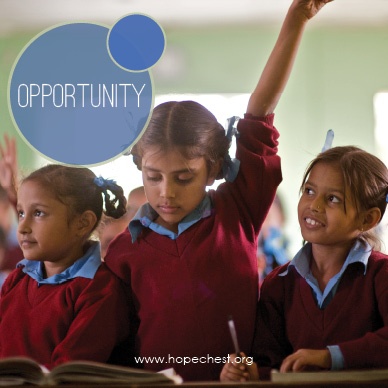 While the idea of donuts fighting poverty sounds extremely American, it’s actually the topic Nicholas Kristof’s latest column about a family in Malawi. Kristof follows the Nasoni family’s journey through poverty to entrepreneurship. Kristof makes some interesting observations:
While the idea of donuts fighting poverty sounds extremely American, it’s actually the topic Nicholas Kristof’s latest column about a family in Malawi. Kristof follows the Nasoni family’s journey through poverty to entrepreneurship. Kristof makes some interesting observations:
– Although the Nasoni’s could not afford to send their oldest child to school (for the cost of $5/term), the father spent almost that same amount each week on alcohol, cigarettes, and sex. Kristof notes: “All this hints at an uncomfortable truth: The suffering associated with poverty is sometimes caused not only by low incomes but also by self-destructive pathologies. In central Kenya, a recently published government study found that men, on average, spent more of their salaries on alcohol than on food.”
– Nasoni’s wife, Biti Rose, joined a village savings group started by CARE, and with a loan of $2, started baking and selling doughnuts. After making several dollars in profit each day, her husband began growing and selling vegetables as well. Eventually they had enough money to farm their entire two acres, lease two more acres, and employ 10 farmhands to help. They multipled their harvest from one bag of corn, to 7 full ox carts.
– Once they began to develop self-sufficiency, Nasoni stopped buying sex and limited his alcohol consumption. Those self-medicating behaviors stopped once the family was able to support itself, and their enterprise began to grow.
This story is not isolated. Many families when given the training, community, opportunity, accountability, and support are able to leverage themselves out of poverty. The Nasoni’s baked their way out of poverty, using their God-given skills and abilities to do so.
Aid cannot do this.
Kristof notes that connection, “Assistance succeeds when it gives people a feeling that a better outcome is possible, and those hopes become self-fulfilling as people work more industriously and invest more wisely.”
In other words, “hope” is a vital ingredient in the poverty elimination mix. That hope comes not from external aid. It flows when a person finds hope that they possess all the tools necessary to better their own lives–to change their own story from within. Some external assistance may be required–as in the case presented by Kristof. But that assistance promotes independence, self sufficiency, and hope.
To see more examples like the Nasoni’s, check out The Story Company, a U.S. based enterprise helping open markets to the world’s micro-entrepreneurs.

